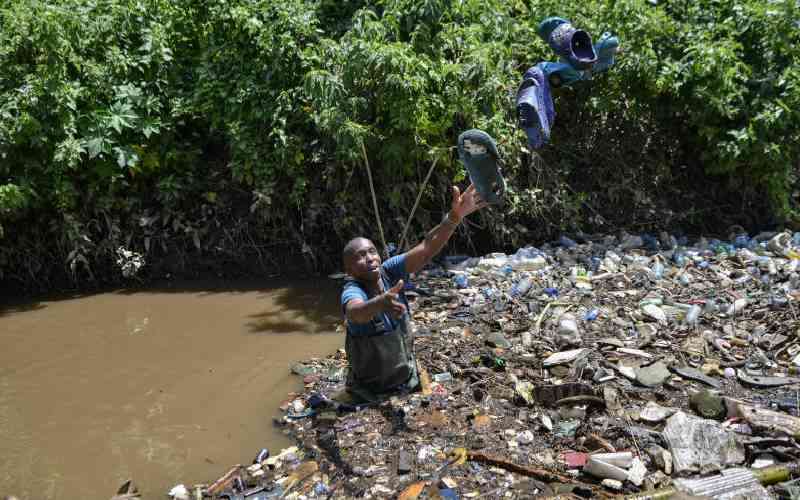×
The Standard e-Paper
Home To Bold Columnists

The government is developing new guidelines that will see producers of waste bear the biggest responsibility for pollution caused by their activities.
Environment and Climate Change PS Festus Ng'eno said the guidelines will implement the Extended Producer Responsibility (EPR) legislation that will see manufacturers finance the management of waste from their industries during the entire life cycle of products they introduce to the market.